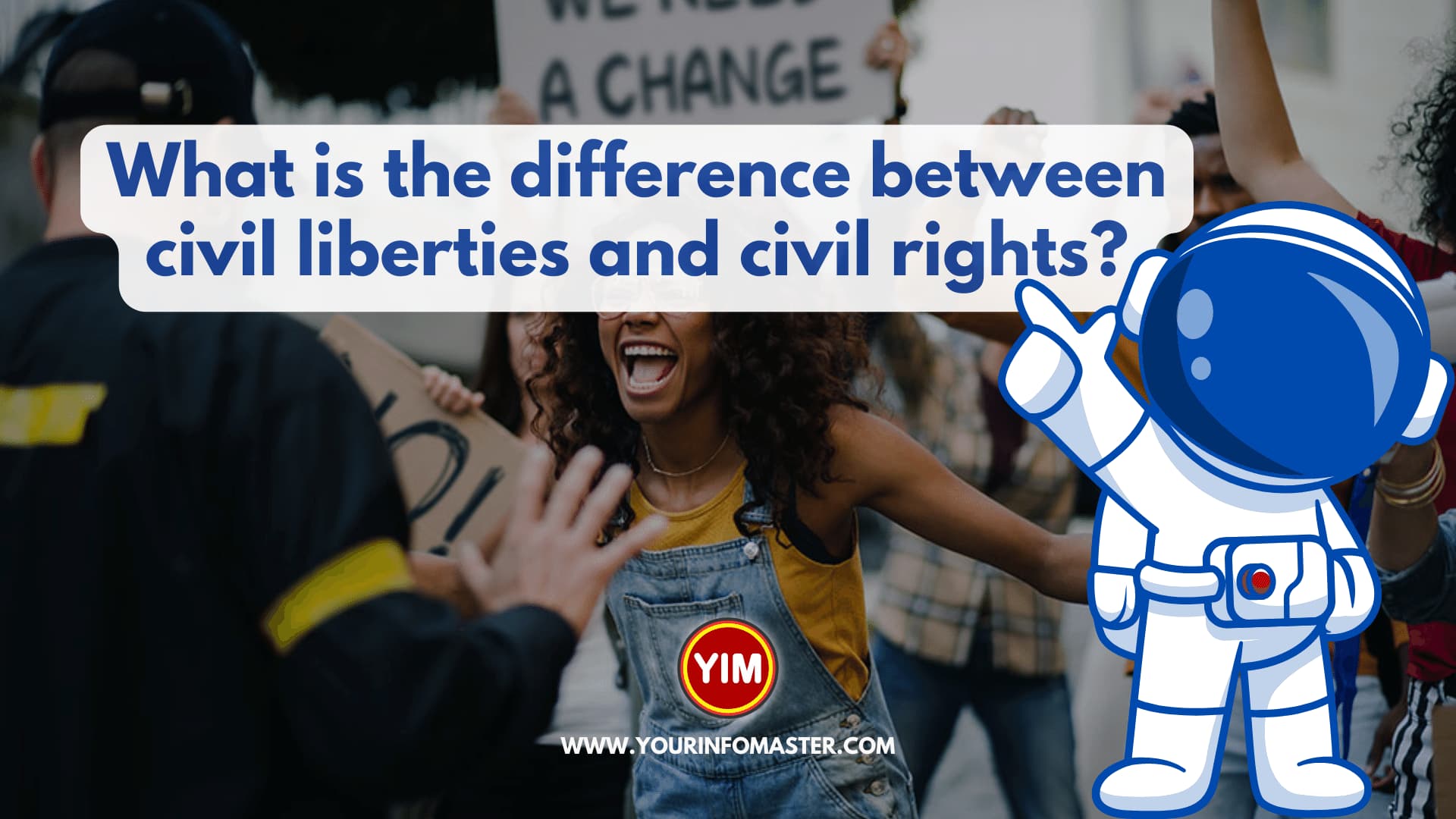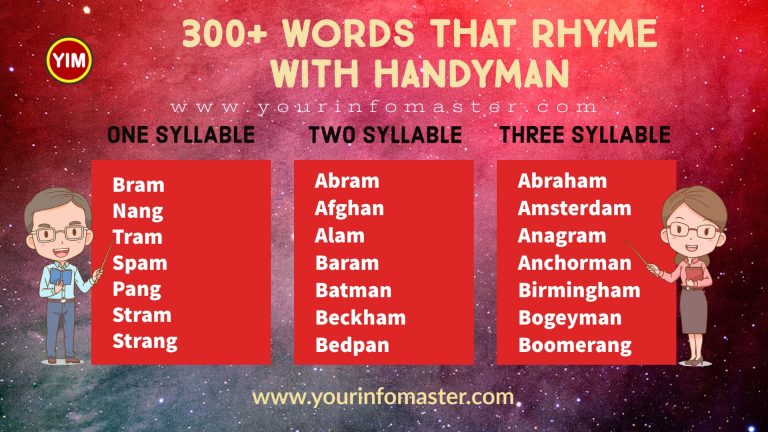I am going to explain the blog post “what is the difference between civil liberties and civil rights?“
Civil liberties and civil rights are two concepts that are often used interchangeably, but they have distinct meanings. Understanding the difference between the two is essential to comprehend how these concepts apply to our daily lives. In this blog post, we will explore the difference between civil liberties and civil rights and list ten differences between the two.
Civil liberties refer to the individual freedoms and rights that are protected by law, such as freedom of speech, religion, and assembly. Civil rights, on the other hand, are the legal protections that are afforded to individuals to ensure equal treatment and opportunities, regardless of their race, gender, religion, or other personal characteristics.
Check also: Can labs tell the difference between real and synthetic urine?
Check also: Water Intake Calculator
10 Differences between civil liberties and civil rights
The ten differences between civil liberties and civil rights include the scope of protection, the nature of the right or freedom, the degree of government involvement, the level of protection provided by the law, and the historical context in which the right or freedom was established, among others.
Check also: What is the difference between bisexual and pansexual?
Here is a list of 10 differences between civil liberties and civil rights:
- Scope of protection: Civil liberties protect individual freedoms such as freedom of speech, religion, and assembly, while civil rights protect against discrimination based on personal characteristics like race, gender, or religion.
- Nature of the right or freedom: Civil liberties are generally negative rights, meaning they protect individuals from government interference. Civil rights, on the other hand, are positive rights that require government action to ensure equal treatment and opportunities.
- Degree of government involvement: Civil liberties require the government to refrain from infringing on individual freedoms, while civil rights require the government to take affirmative action to ensure equal treatment and opportunities.
- Level of protection provided by the law: Civil liberties are protected by the Bill of Rights in the US Constitution, while civil rights are protected by various federal and state laws, such as the Civil Rights Act of 1964.
- Historical context: Civil liberties have been protected since the founding of the US, while civil rights protections have developed over time in response to social and political movements.
- Scope of application: Civil liberties apply to all individuals, regardless of personal characteristics, while civil rights protections apply only to individuals who belong to protected classes.
- Legal standard: Civil liberties are protected by a standard of strict scrutiny, meaning the government must show a compelling interest for infringing on individual freedoms. Civil rights are protected by a standard of intermediate scrutiny, meaning the government must show an important government interest for taking affirmative action to ensure equal treatment and opportunities.
- Enforcement: Civil liberties are enforced through the judicial system, while civil rights are enforced through administrative agencies and the judicial system.
- Relationship to democracy: Civil liberties are essential to protect individual freedoms and limit government power, while civil rights are essential to ensure equal representation and participation in the democratic process.
- Interconnectedness: Civil liberties and civil rights are interconnected and often overlap, as protecting individual freedoms is necessary for ensuring equal treatment and opportunities.
Check also: What is the difference between a fruit and a vegetable?
Conclusion
In conclusion, civil liberties and civil rights are two distinct concepts that play a critical role in protecting individual freedoms and ensuring equal treatment and opportunities. While they are often used interchangeably, understanding the difference between the two is essential to safeguarding our rights and freedoms. By knowing the distinctions, we can better advocate for ourselves and our communities and work towards a more just and equitable society.
See also: What’s the difference between a bison and a buffalo?
If you really enjoyed the article “what is the difference between civil liberties and civil rights?,” then I would be very grateful if you’d help it spread by emailing it to your friends or sharing it on Twitter, Instagram, or Facebook. Thank you!
Have you read “what is the difference between civil liberties and civil rights?“ Which of these blogs are you reading, and how is it similar to one of them?







